How long do guppies live and how to extend their lifespan?
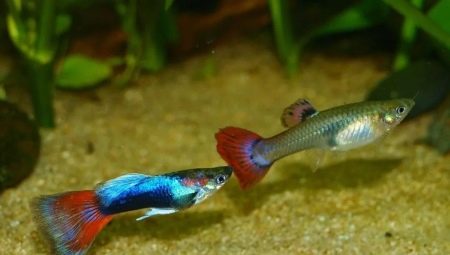
Guppies are bright, beautiful and the most unpretentious representatives of the group of viviparous fish. In most cases, serious aquarium hobby activities begin with the maintenance of these aquatic inhabitants. It is quite natural that any caring and attentive person wants to extend the life of their pets. How many years do guppies live? What factors determine their lifespan? In what ways can it be extended?
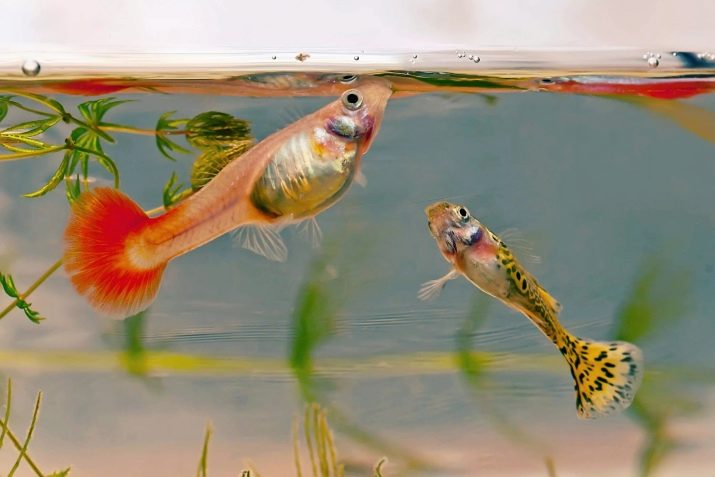
general information
Practice shows that the life span of a guppy is very short. On average, it varies from 1 to 3.5 years. At the same time, a large number of third-party factors affect the lifetime, which can have both positive and negative effects.
It has been noticed that these fish live longer in captivity than in their natural habitat. This is largely due to the fact that in the wild, their lives are threatened by many sources of danger, in particular: predators, environmental degradation (pollution of water bodies), pathogens of serious diseases and parasites.
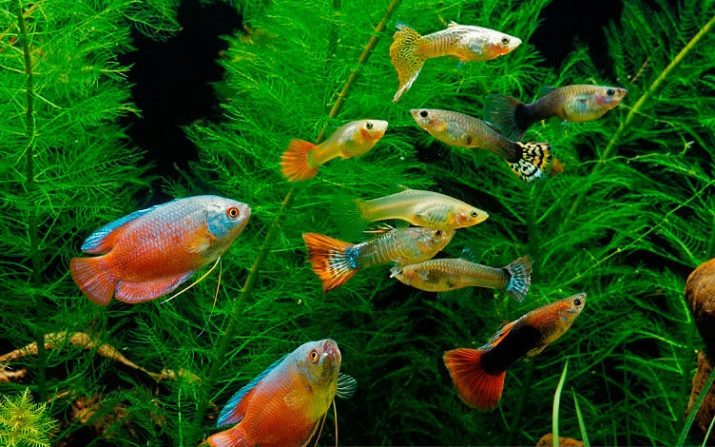
The main factors affecting the lifespan of guppies in captivity are:
- conditions of detention;
- the purity, acidity and hardness of the water in the aquarium;
- water temperature;
- oxygen content in water;
- diet and quality of feed.
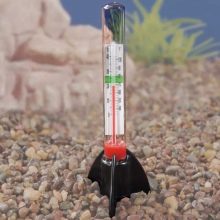
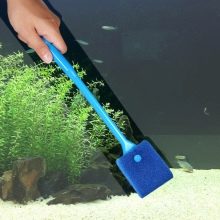
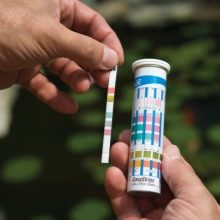
One of the key conditions for extending the life of fish in captivity is compliance with the rules of caring for the inhabitants of the aquarium. Despite the fact that caring for guppies does not require specific knowledge and skills, many inexperienced aquarists often make rather stupid and gross mistakes that lead to the death of fish.
Conditions of detention
Guppies must be kept in spacious aquariums (preferably in glass), the capacity of which is at least 20 liters. In cramped reservoirs, cluttered with decor and aquatic plants, fish grow poorly, get sick more often and live less.
It is noteworthy that Experienced aquarists recommend keeping guppies in rectangular aquariums. In round containers, the fish experience severe discomfort, under the influence of which they can even get sick.
It is important that the aquarium has sides at least 5 centimeters high. This requirement is due to the fact that guppies are able to jump out of the water in certain situations. For example, this often happens when the oxygen level in the aquarium decreases.
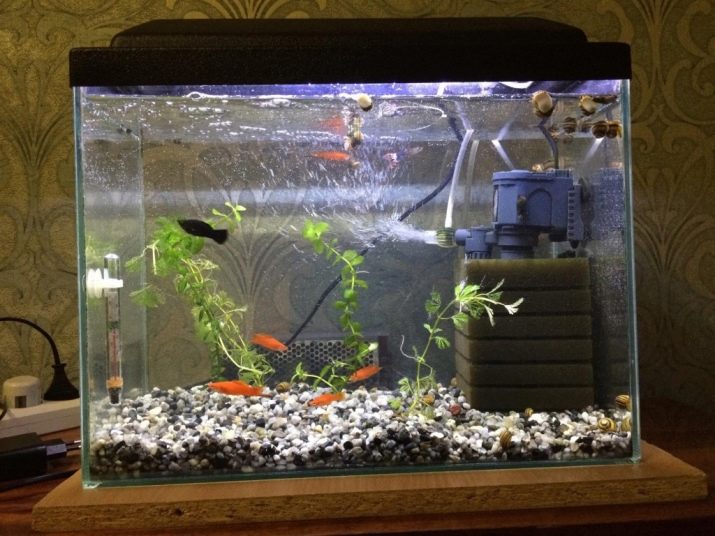
Another option to keep your fish safe is an aquarium with a secure lid. However, keeping guppies in such an aquarium, you should take care of the device for forced aeration of the water.
The aquarium should not contain decorative items with sharp edges, which could seriously injure the fish. For the same reason, it is not recommended to plant aquatic plants with cutting and hard foliage. Plants such as:
- elodea;
- riccia;
- nitella;
- arrowhead.
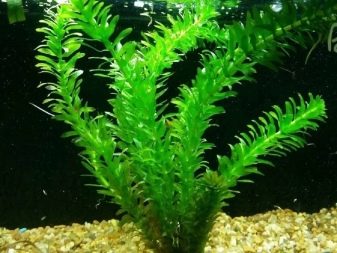
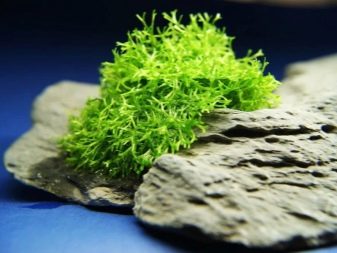
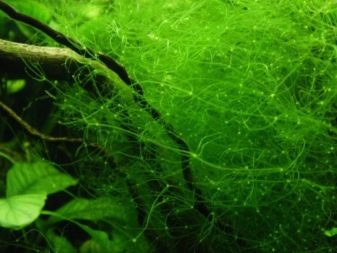
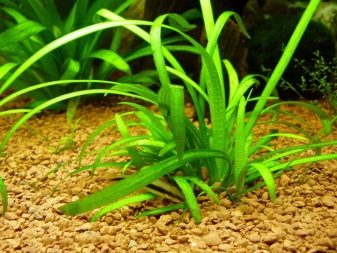
In addition, you need to take into account that Guppies should not be kept with aggressive aquarium fish species. Possessing a peaceful nature, guppies are not able to defend themselves and resist.
Often these non-conflicting creatures become victims of their aggressive relatives. So, the neighborhood with cichlids, discus, goldfish, scalars, large catfish is considered unsafe for guppies.
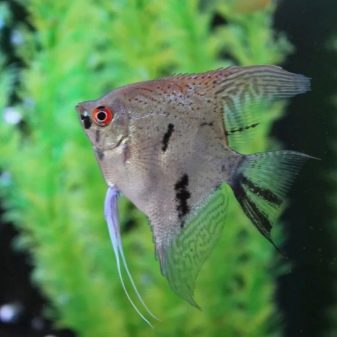
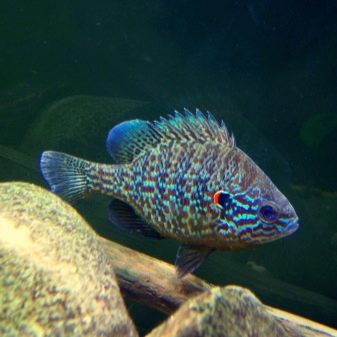
Purity, acidity and hardness
The lifespan of the fish also depends on the quality of the water in the aquarium. These creatures feel most comfortable in clean, regularly renewed water.
The optimum level of hardness is 10–25 °, acidity is 7–8. Practice shows that guppies hard water is bestbefore filling the aquarium pre-defend.
It is important to note that after buying new fish, it is highly undesirable to immediately release them into the aquarium to the rest of the inhabitants.
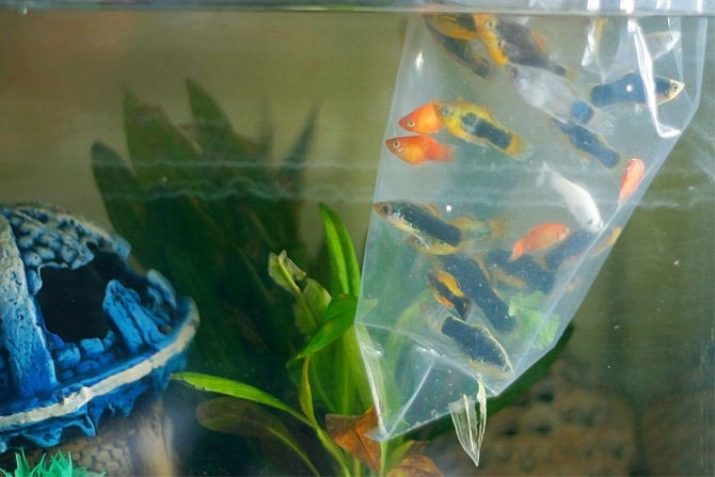
Very often, a sharp change in conditions (in particular, a change in the quality characteristics of water) causes the death of a guppy. Therefore, after purchasing pets at a pet store, it is advisable to consult with an experienced specialist about the further adaptation of the fish.
Temperature
Experts say that the temperature of the aquarium water is of great importance in the life expectancy of domestic guppies. It is known for certain that the higher the temperature indicator, the less guppies will live.
High temperatures shorten the life of pets to 1 year or less. It should be noted that it negatively affects the appearance of the fish: they become small, grow worse.
The low temperature of the aquarium water, on the contrary, contributes to an increase in the life expectancy of fish up to 3 years or more. However, there is a very real risk that guppies can get sick.
The optimum temperature, providing a comfortable existence of guppies in the aquarium, is in the range of + 24 ... + 26 °. It is highly discouraged to allow an increase in these indicators.
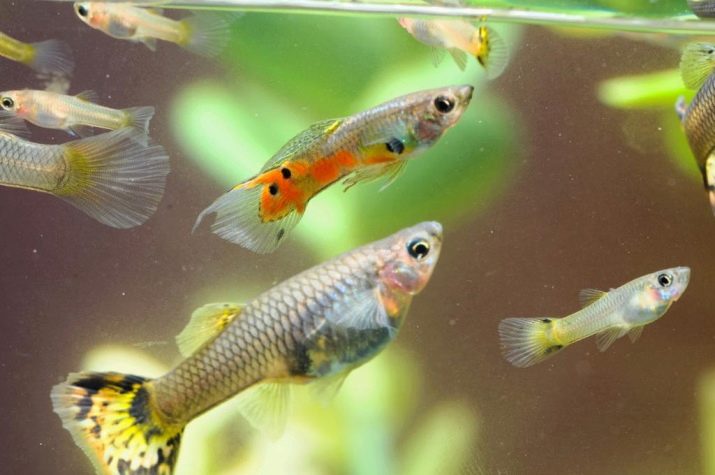
Oxygen content in water
The well-being and health of the fish is largely dependent on the oxygen content in the aquarium water. With its deficiency, guppies begin to feel bad. Experiencing oxygen deprivation, they begin to swim close to the surface of the water. In critical situations, the fish can even jump out of the aquarium.
Aerators and filters are used to saturate the aquarium water with oxygen.In modern pet stores, you can find models that purify water and enrich it with oxygen.
Before installing a powerful filter, it is recommended to cover its suction elements with a fine mesh. It will prevent the fish from being accidentally pulled into the device.
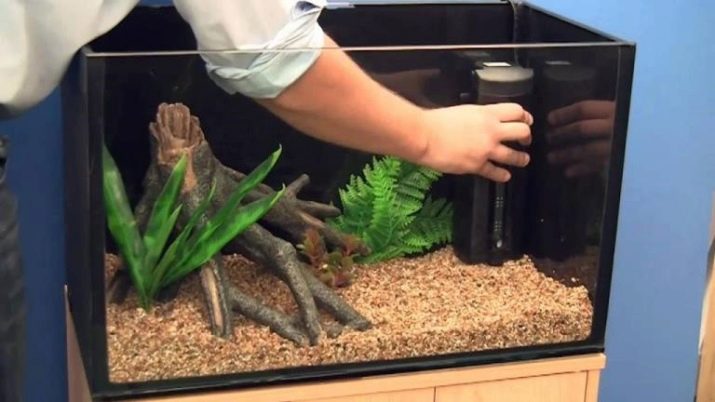
Diet and feed quality
Despite the fact that guppies are able to go without food for a long time, they cannot be forced to starve. In search of food, the fish are able to eat all their offspring.
It is advisable to feed the pets every day, but little by little. Some aquarists give food to their pets twice a day, in the morning and in the evening. However, with frequent feedings, the likelihood increases that some of the food will remain uneaten and will soon begin to decompose. This can negatively affect the purity of the water and the health of the aquarium ecosystem as a whole. In addition, decomposing food can cause serious disease in guppies.
To feed the fish, you must use only high quality products. It can be either dry or live food. According to experienced aquarists, guppies very well perceive small live food, which they digest more easily and willingly eat. As such, bloodworms, cyclops, mosquito larvae, daphnia, copepods, and tubifex are usually used.
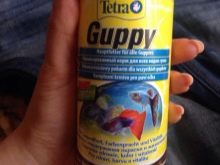
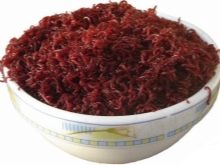
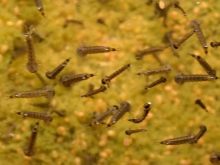
A mixed (combined) type of food is also suitable for guppies. It provides for feeding the fish mainly with dry food with periodic transitions to a living species.
It is strictly not allowed to feed the fish with spoiled or expired food. The fact that the feed has become unusable is evidenced by the appearance of an unpleasant (usually putrid) odor and the formation of a layer of sticky mucus.
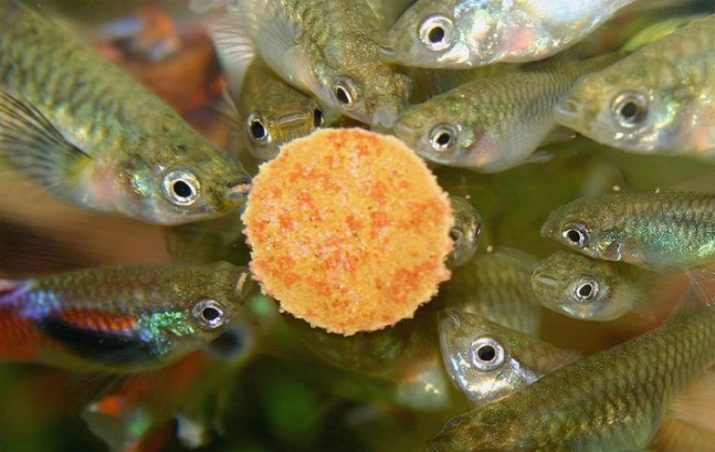
additional information
According to experienced aquarists, guppies do not tolerate loneliness well. These fish should be kept in groups or in pairs. A single fish living in an aquarium will not be able to truly delight the eye and will live much less than the time allotted to it.
If the aquarist does not plan to breed guppies, you can limit yourself to keeping only males. With proper care, a friendly flock of guppy boys with bright and cheerful colors will invariably cheer up their owner and his family members for several years.
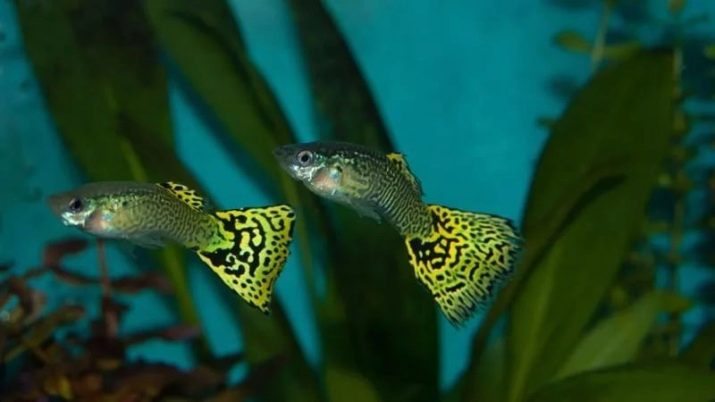
See below for the maintenance of guppy fish.








